Turkish foreign minister meets leader of new administration in Syria: “We must take action. The territorial integrity of Syria is non-negotiable
Turkish Foreign Minister Hakan Fidan Meets New Syrian Leadership: “We Must Take Action to Protect Syria’s Territorial Integrity”
In a significant development in Middle Eastern diplomacy, Turkey’s Foreign Minister Hakan Fidan recently met with the leader of Syria’s new administration to discuss pressing issues surrounding regional stability and the ongoing conflict. During the meeting, Fidan emphasized that the territorial integrity of Syria is “non-negotiable,” signaling Turkey’s commitment to ensuring that the country remains unified despite the many challenges it faces.
This diplomatic encounter marks a turning point in Turkey-Syria relations, which have been strained since the outbreak of the Syrian Civil War in 2011. With a shifting political landscape and new developments in the region, this high-level meeting has caught the attention of international observers, as it could have far-reaching implications for the future of Syria and its relations with its neighbors.
Key Highlights from Hakan Fidan’s Statement
At the heart of Fidan’s remarks was the clear message that Syria’s territorial integrity is a central concern for Turkey. This statement underscores Turkey’s long-standing position on Syria, particularly in relation to the Kurdish-led forces in the north of Syria, which Turkey has frequently criticized for their alleged links to the Kurdish separatist PKK group.
Fidan’s comments come at a time when Syria is dealing with the aftermath of over a decade of civil war, foreign interventions, and ongoing territorial disputes. As new leadership takes shape in Syria, Turkey’s insistence on Syria’s territorial unity reflects its broader strategic interests in the region, which include maintaining a stable border, preventing Kurdish autonomy, and asserting its influence in the Middle East.
1. Syria’s Territorial Integrity: A Priority for Turkey
For Turkey, the issue of Syria’s territorial integrity is not just a political stance—it is a matter of national security. Over the past decade, Turkey has carried out several military operations in northern Syria, targeting Kurdish groups that it deems as terrorist organizations. These operations were aimed at curbing the influence of Kurdish forces along its southern border.
Syria’s ongoing fragmentation has been a source of concern for Turkey, as various factions have carved out semi-autonomous regions within Syria. Turkey has long opposed any efforts to establish a Kurdish-controlled entity in northern Syria, fearing that it could fuel separatism among the Kurdish population within its own borders. Fidan’s statement reflects Turkey’s determination to prevent such an outcome.
2. A Changing Political Landscape in Syria
The meeting between Fidan and Syria’s new leadership also signals a shift in the political dynamics of the region. Syria, under the leadership of President Bashar al-Assad, has largely regained control over much of the country following years of conflict. However, significant portions of the country remain under the control of various armed groups, including Kurdish forces, opposition factions, and foreign military presences.
The Syrian government’s efforts to consolidate power have led to increasing diplomatic engagements with former adversaries, including Turkey. While relations between the two countries have historically been adversarial, recent moves by both sides suggest a potential thawing of tensions. Fidan’s visit and statements reflect this shift, emphasizing the need for cooperation and stability.
Turkey’s Strategic Interests in Syria
Turkey’s primary interests in Syria revolve around three major concerns: national security, regional influence, and the refugee crisis. By maintaining a strong stance on Syria’s territorial integrity, Turkey aims to safeguard its borders, especially from Kurdish groups that it views as a threat. Additionally, Turkey is keen on ensuring that Syria does not become a failed state, as this could lead to further instability in the region and an influx of refugees.
Turkey has also been involved in efforts to manage the refugee crisis caused by the Syrian Civil War. With millions of Syrians fleeing the conflict, many of whom have sought refuge in Turkey, the stability of Syria is of paramount importance to Ankara. Fidan’s remarks indicate that Turkey’s involvement in Syria will continue to focus on ensuring the country’s unity, which is seen as essential for both regional peace and managing the refugee issue.
1. Diplomatic Engagement with Syria
Fidan’s visit to Syria signals a broader diplomatic initiative to re-engage with the country. Over the past few years, Turkey has moved from being an active opponent of Assad’s government to adopting a more pragmatic approach to the situation. With Assad’s forces regaining control and Turkey’s security concerns growing, Ankara has sought to recalibrate its policy towards Syria.
In recent months, there have been signs of increasing cooperation between Turkey and Syria, particularly in relation to counter-terrorism efforts and the future of Syrian refugees. Fidan’s emphasis on Syria’s territorial integrity suggests that Turkey is willing to work within the framework of a unified Syria, though with important conditions regarding its national security and political interests.
Implications for Regional Stability and Future Relations
The meeting between Fidan and Syria’s new leadership comes at a critical juncture for the Middle East. The Syrian conflict has caused immense instability in the region, with numerous foreign powers involved in the conflict, including the United States, Russia, and Iran. As Syria’s territorial integrity remains in question, the involvement of neighboring countries like Turkey is crucial for the broader stability of the region.
If Turkey’s diplomatic engagement with Syria continues to evolve positively, it could pave the way for a broader regional realignment. Turkey could play a key role in the reconstruction of Syria, potentially facilitating a more stable and peaceful future for the war-torn country. However, significant challenges remain, particularly concerning the Kurdish issue and the presence of foreign military forces in Syria.
Conclusion: A Delicate Balance in Turkish-Syrian Relations
Hakan Fidan’s remarks reflect Turkey’s steadfast commitment to the territorial integrity of Syria, which remains a cornerstone of its foreign policy. As the situation in Syria continues to evolve, Turkey’s diplomatic efforts will play a key role in shaping the future of the country and its relationships with neighboring states.
While the road ahead for Turkey-Syria relations is fraught with challenges, this meeting signifies an important step toward a more stable and unified Syria. As both countries navigate the complexities of regional geopolitics, cooperation and dialogue will be essential in addressing the myriad issues that continue to impact the Middle East.
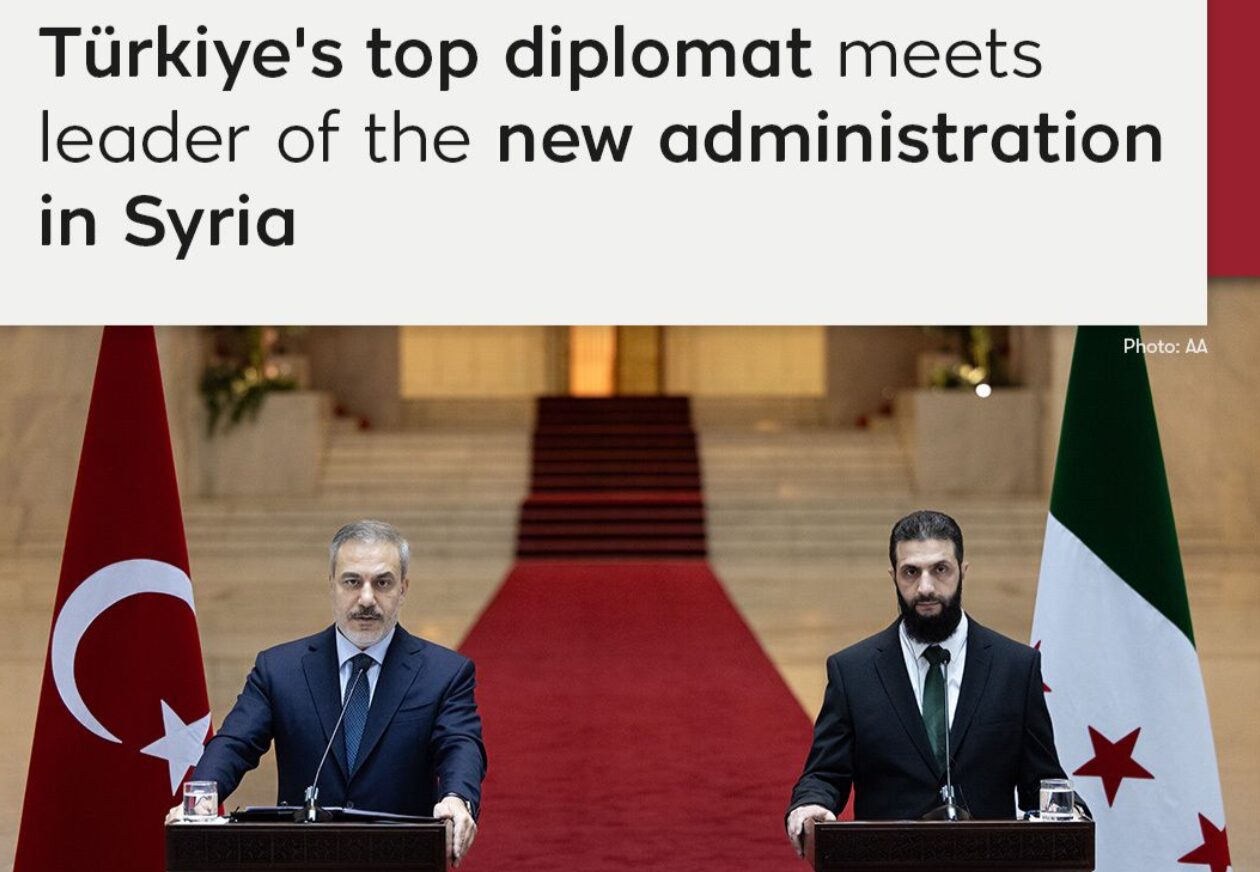

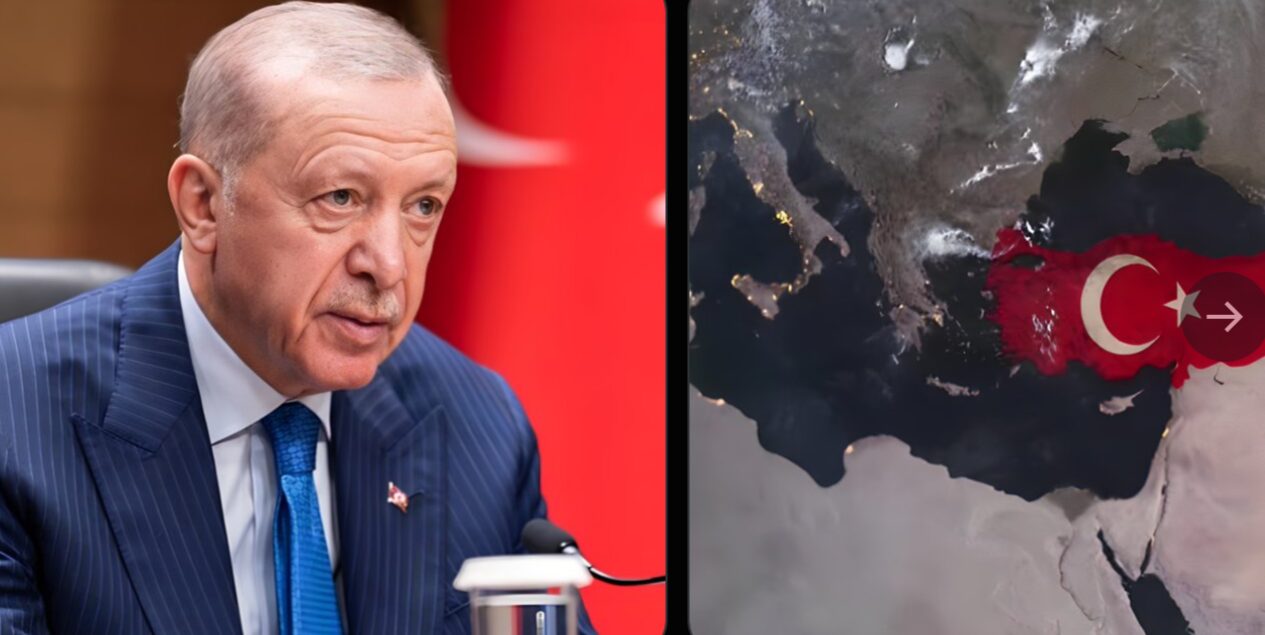
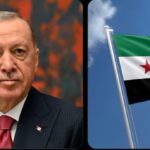
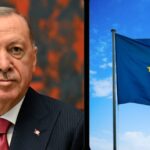
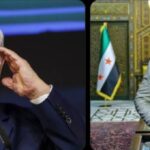
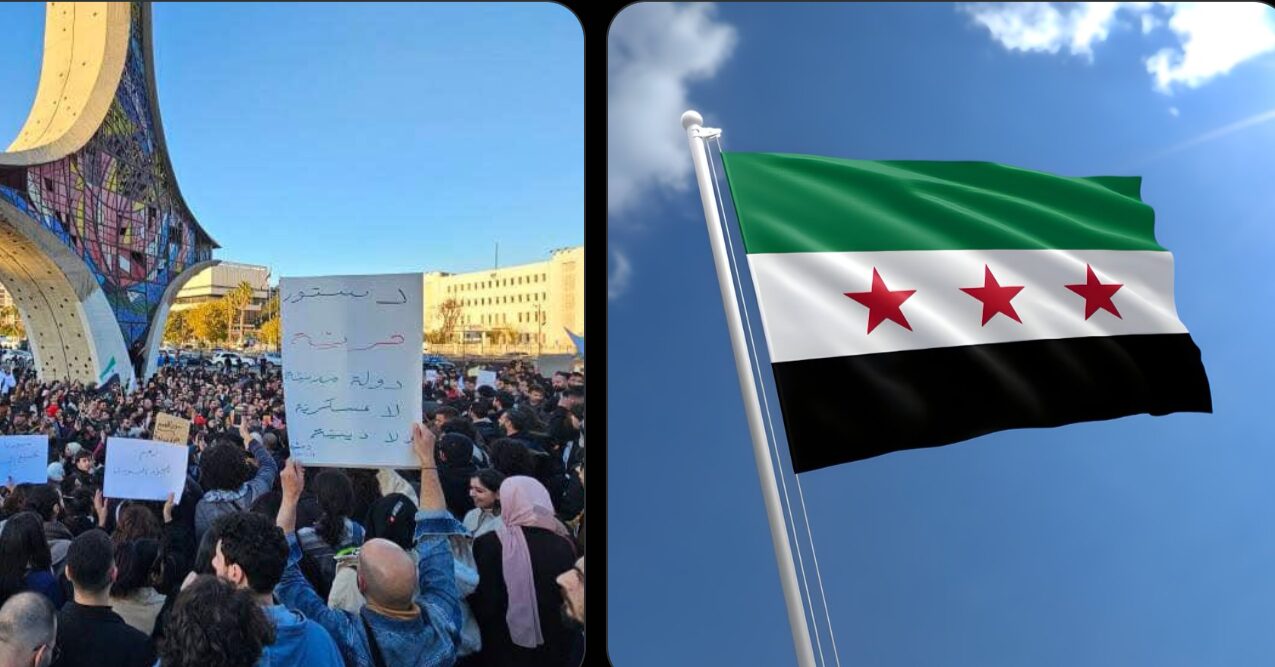
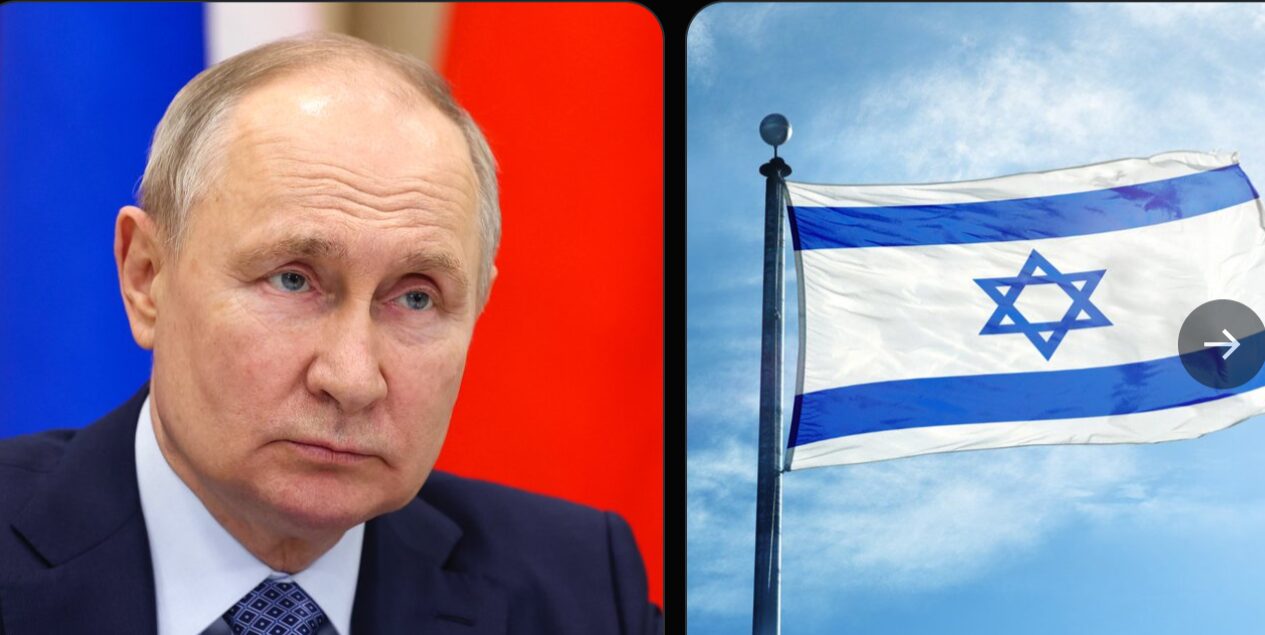
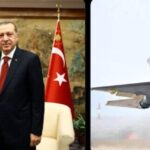








Post Comment